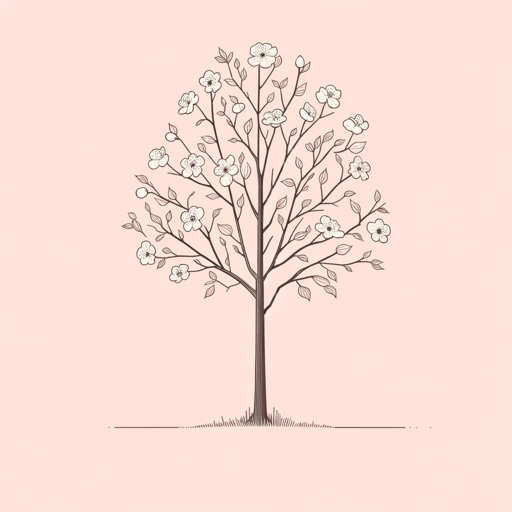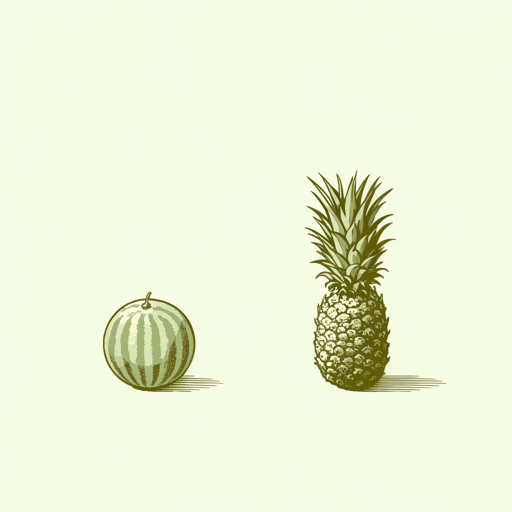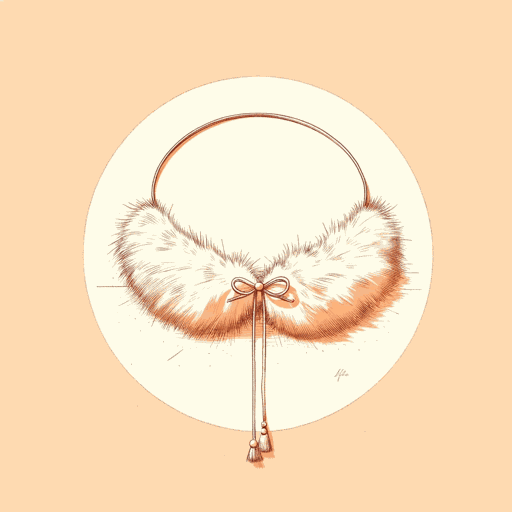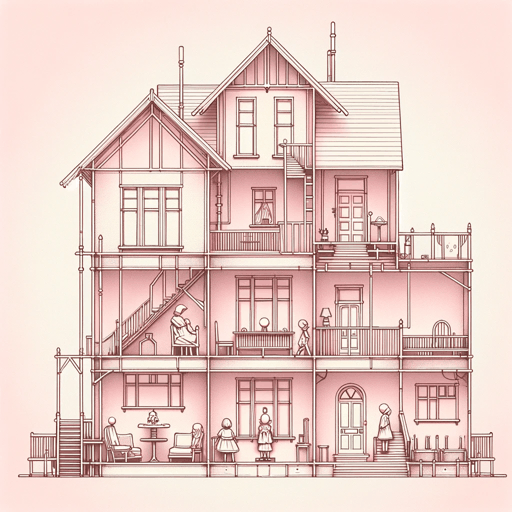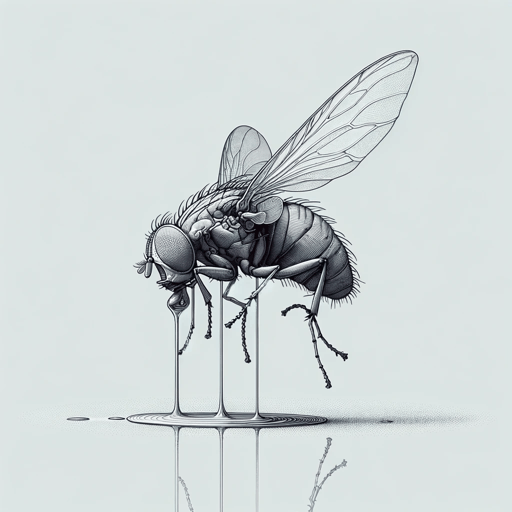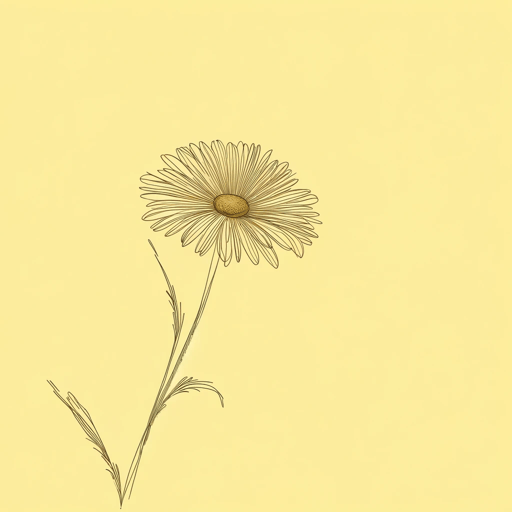32 pages • 1 hour read
Katherine MansfieldBliss
Fiction | Short Story | Adult | Published in 1918A modern alternative to SparkNotes and CliffsNotes, SuperSummary offers high-quality Study Guides with detailed chapter summaries and analysis of major themes, characters, and more.
Symbols & Motifs
Spring
Representative of change, new growth, and possibilities, spring symbolizes Bertha. She understands that, like a spring bulb, she is “waiting for something divine to happen that she knew must happen infallibly” (Paragraph 10). The sensuous nature of flowers—the blooming tulips lean heavily in the dusk and the strong smell of the jonquils fills the room—expresses what Bertha herself is afraid to express. A glimpse of her blossoming self-awareness is seen when “she sat up; but she felt quite dizzy, quite drunk. It must have been the spring” a symbolic acknowledgement of her own sensuality (Paragraph 54).
The pear tree in the garden—“tall, slender […] in fullest, richest bloom”—is closely associated with the protagonist (Paragraph 49). As a function of her growing self-awareness, Bertha acknowledges the physical connection between herself and the pear tree. For the dinner party, she wears “a white dress, a string of jade beads, green shoes, and stockings. It wasn’t intentional. She had thought of this scheme hours before she stood in the drawing-room window” (Paragraph 56). When she enters the hallway, her movement is poetically described as petals softly rustling.
Most poignantly, when Bertha anticipates sharing her garden and the pear tree with Miss Fulton, she is symbolically offering herself.
Related Titles
By Katherine Mansfield
